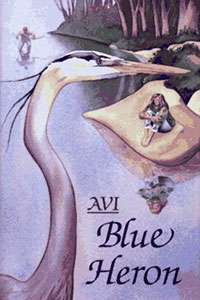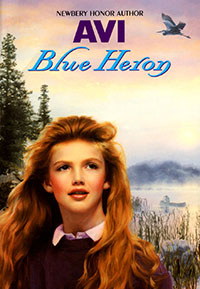There was a time in the 70’s and 80’s when it was fashionable (if that’s the right word) to be part of groups, men’s group’s, women’s groups. An outgrowth of the feminist movement, the function of these groups was simply to talk about one’s life experience. One shared, one listened, and you came—the hope was—to know a bigger world. Sometimes these groups consisted of friends. Sometimes they were perfect strangers.
I was part of such a group—strangers. They were all men, more or less my own age, sharing if you will, their inner lives, trying to solve life’s problems.
I was there to share my unhappiness over a recent divorce.
A young man was there because he grew up in an alcoholic family. He trusted no one.
There was the man who was intensely jealous of his son’s young wife.
And so forth.
I found it fascinating.
 The one whom I found most interesting was a middle-aged man, who had done, by society’s traditional standards, everything right. A dutiful son. A good student. A businessman with a good reputation, who rose steadily in the ranks. Church going and supporting. Married well. Cared for his wife. Cared for his children. Had become a vice-president in a big business. Then the business was sold to a bigger business and he was summarily fired. That caused his family to turn against him, blaming him for what had happened. He was bewildered. He had followed all the rules, and he had failed. Depressed, he was living in the basement of the church. When I met him in this group, he was trying to find his way to mental health.
The one whom I found most interesting was a middle-aged man, who had done, by society’s traditional standards, everything right. A dutiful son. A good student. A businessman with a good reputation, who rose steadily in the ranks. Church going and supporting. Married well. Cared for his wife. Cared for his children. Had become a vice-president in a big business. Then the business was sold to a bigger business and he was summarily fired. That caused his family to turn against him, blaming him for what had happened. He was bewildered. He had followed all the rules, and he had failed. Depressed, he was living in the basement of the church. When I met him in this group, he was trying to find his way to mental health.
While this hardly seems the stuff for a children’s novel, it’s all key to Blue Heron. For this is a story about thirteen-year-old Maggie, who has a father such as I describe above—and she is trying to understand him, his new life, and his new wife. She has come for her annual visit. Maggie is a believer in magic. But “Magic was not to change things, No, magic was a way of keeping things the way they were.” Maggie’s magic totem is a solitary blue heron who lives in the nearby marsh.
Two things occur during Maggie’s visit. Her father is changing a great deal, and not for the better. And someone—a boy—is trying to kill the blue heron.
Odd mix for a book, but one of my own favorites.
